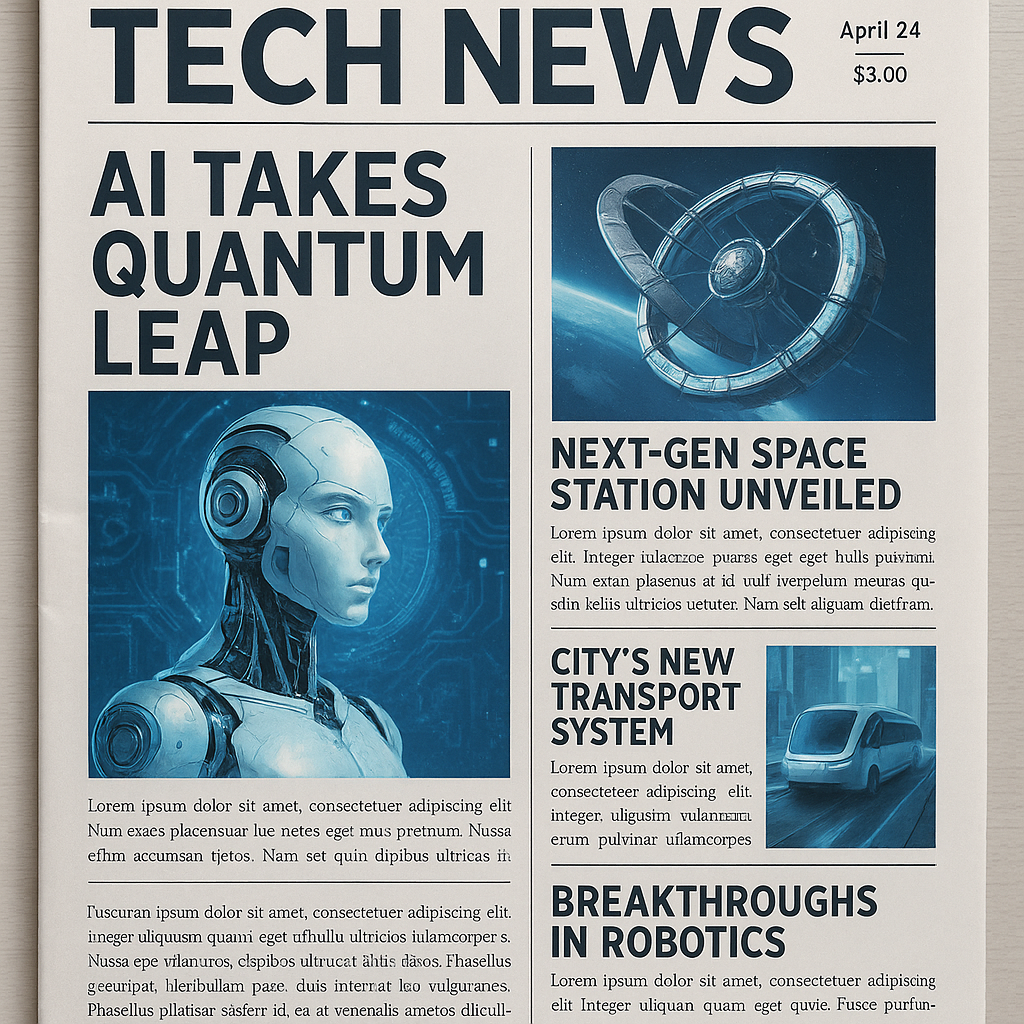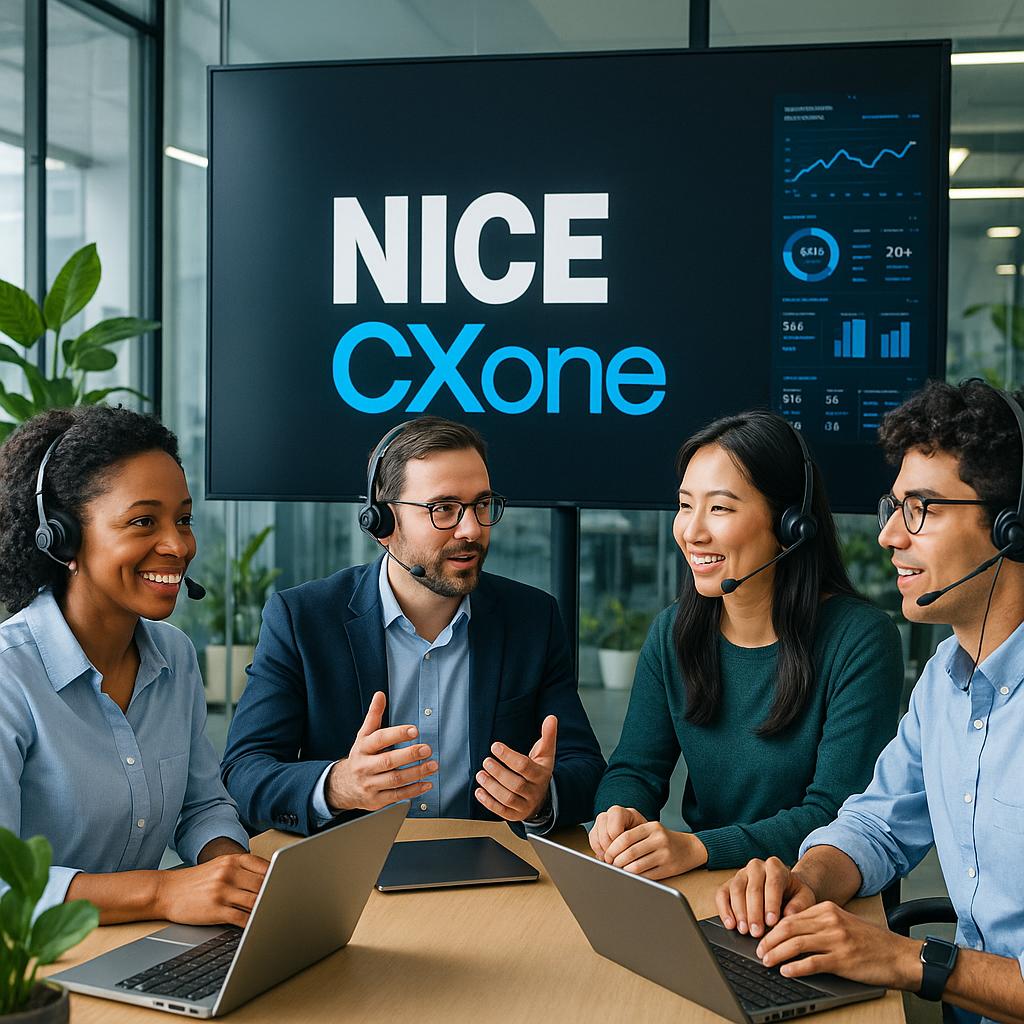Monday Morning Tech Pulse
Welcome to the first edition of Monday Morning Tech Pulse — your quick but comprehensive rundown of the most important tech stories from last week and the weekend.
This series is built for business leaders, IT decision-makers, and tech enthusiasts who want to start the week informed and ready to act on the trends shaping the future of technology.
1. OpenAI Launches GPT-5 to All Users
What happened:
OpenAI has officially released GPT-5, the most advanced version of its flagship AI language model, to all users — both free and paid. This launch significantly expands access to enterprise-grade AI capabilities.
Why it matters:
-
Offers improved contextual understanding and more natural, long-form coherence.
-
Optimized for faster response times and reduced latency.
-
Expands potential use cases, from AI-powered IT support to research automation and customer engagement.
2. Nvidia CEO Uses AI to Oversee Pay for 42,000 Employees
What happened:
Nvidia CEO Jensen Huang revealed that he personally reviews compensation for all 42,000 employees using a machine learning system that identifies pay disparities, ensures fairness, and aligns salaries with market benchmarks.
Why it matters:
-
Highlights AI’s role in internal operations beyond customer-facing functions.
-
Data-driven pay reviews can boost employee morale and retention.
-
May inspire similar adoption of AI tools in HR and workforce management.
3. U.S. Stock Market Opens Cautiously Amid Chipmaker Headwinds
What happened:
U.S. stock futures saw modest gains for the Dow Jones and S&P 500, while the Nasdaq slipped slightly. Market sentiment was shaped by developments in semiconductor exports involving Nvidia and AMD.
Why it matters:
-
AI chip sales are a critical revenue stream for these companies.
-
Export changes may ripple across the broader tech supply chain.
-
Inflation data due this week could influence tech investment flows.
4. New U.S.–China AI Chip Revenue Agreement
What happened:
Nvidia and AMD reached an agreement with the U.S. government to remit 15% of revenue from AI chip sales to China. This arrangement allows exports to continue while addressing national security concerns.
Why it matters:
-
Signals how trade policy can directly affect tech company margins.
-
Could lead to higher hardware costs for downstream buyers.
-
May set a precedent for future U.S.–China tech trade deals.
Key Takeaways for Businesses
-
AI is entering the mainstream — GPT-5 makes enterprise-grade AI more accessible than ever.
-
Internal efficiency gains — Nvidia’s use of AI in salary reviews shows automation’s potential in HR and compliance.
-
Supply chain awareness — Tech leaders should monitor geopolitical shifts impacting hardware sourcing.
-
Stay market-aware — Economic indicators and trade policy will continue to influence IT budgets and timelines.
📅 Stay Ahead Every Monday
The Monday Morning Tech Pulse keeps you informed with the top tech developments — in a format built for quick reading and actionable insight.
📍 Get a free IT strategy assessment to explore how emerging tech trends can help your business save costs, improve performance, and stay competitive.

